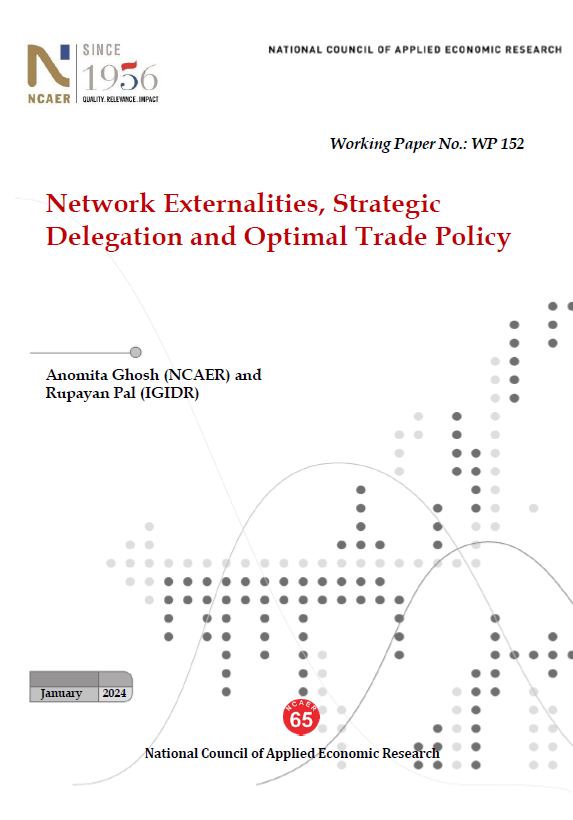
This paper examines strategic trade policy for differentiated network-goods oligopolies under alternative scenarios when there is export-rivalry between two countries. We demonstrate that, in the absence of managerial delegation, the optimal trade policy entails an export tax (subsidy) if network externalities are weak (strong). However,... Read More
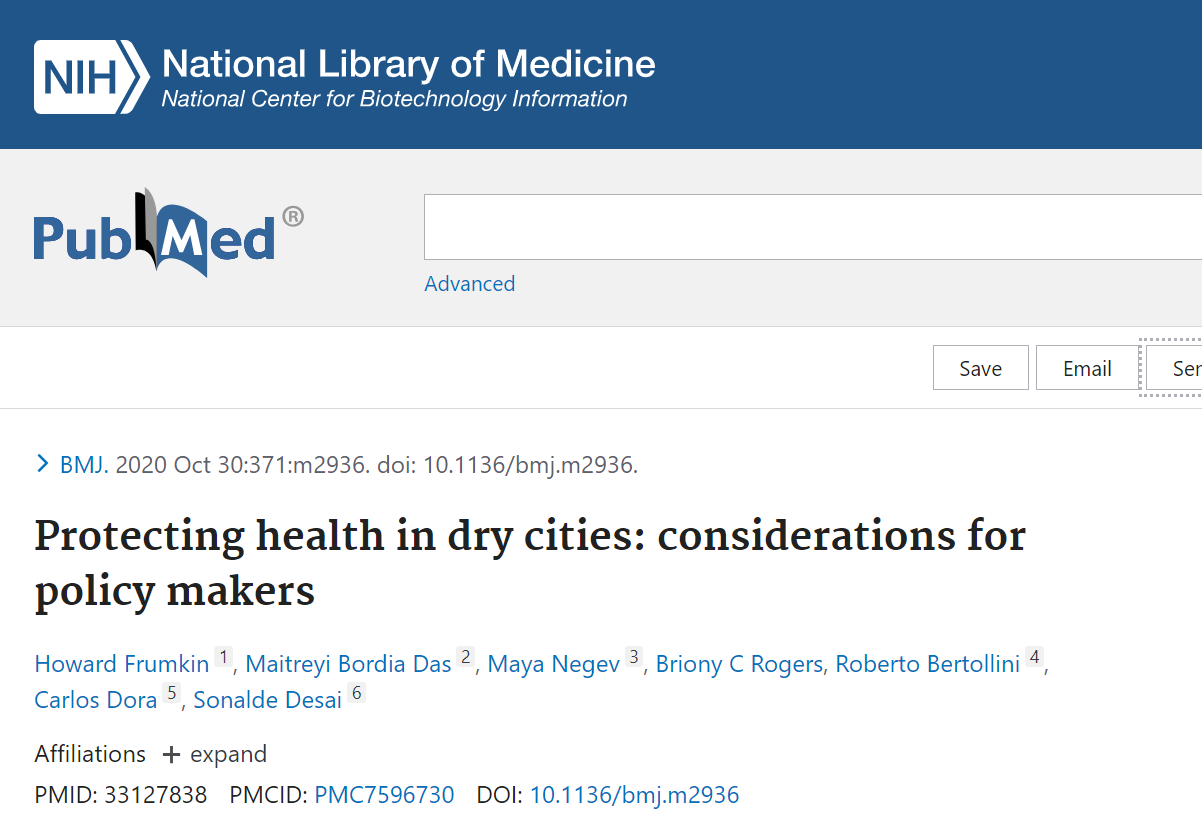
Increasing health and wellbeing in cities that experience water scarcity presents challenges, but can be done, say Howard Frumkin and colleagues.
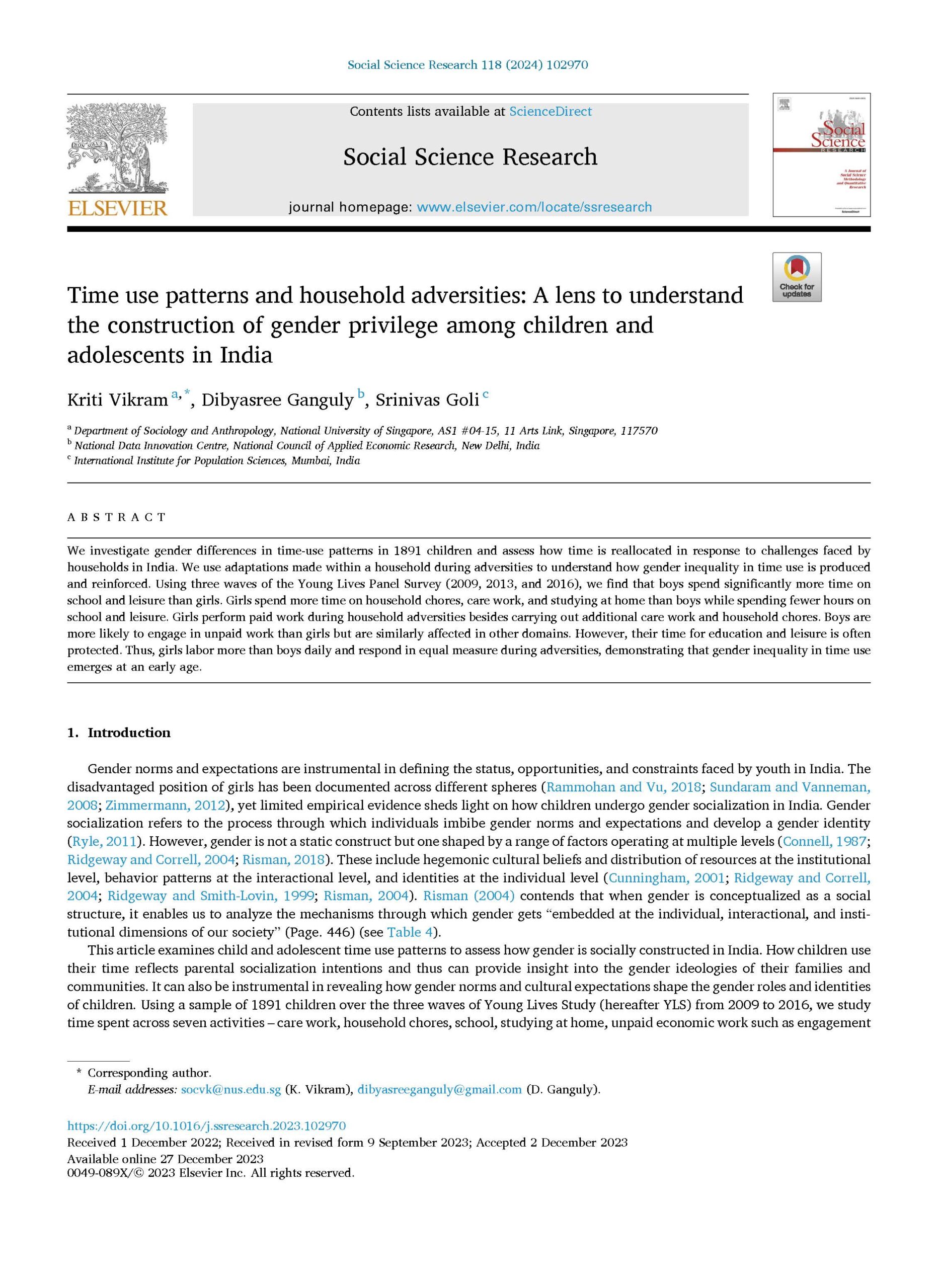
We investigate gender differences in time-use patterns in 1891 children and assess how time is reallocated in response to challenges faced by households in India. We use adaptations made within a household during adversities to understand how gender inequality in time use is produced and... Read More
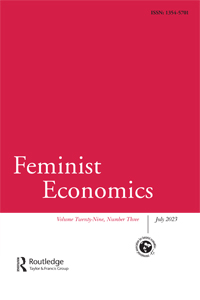
While increased access to household assets has been shown to improve older individuals’ autonomy and bargaining power at home, the role of gender hierarchy in shaping differential impacts of household assets has received far less attention. This article explores the gender asymmetry in the association... Read More
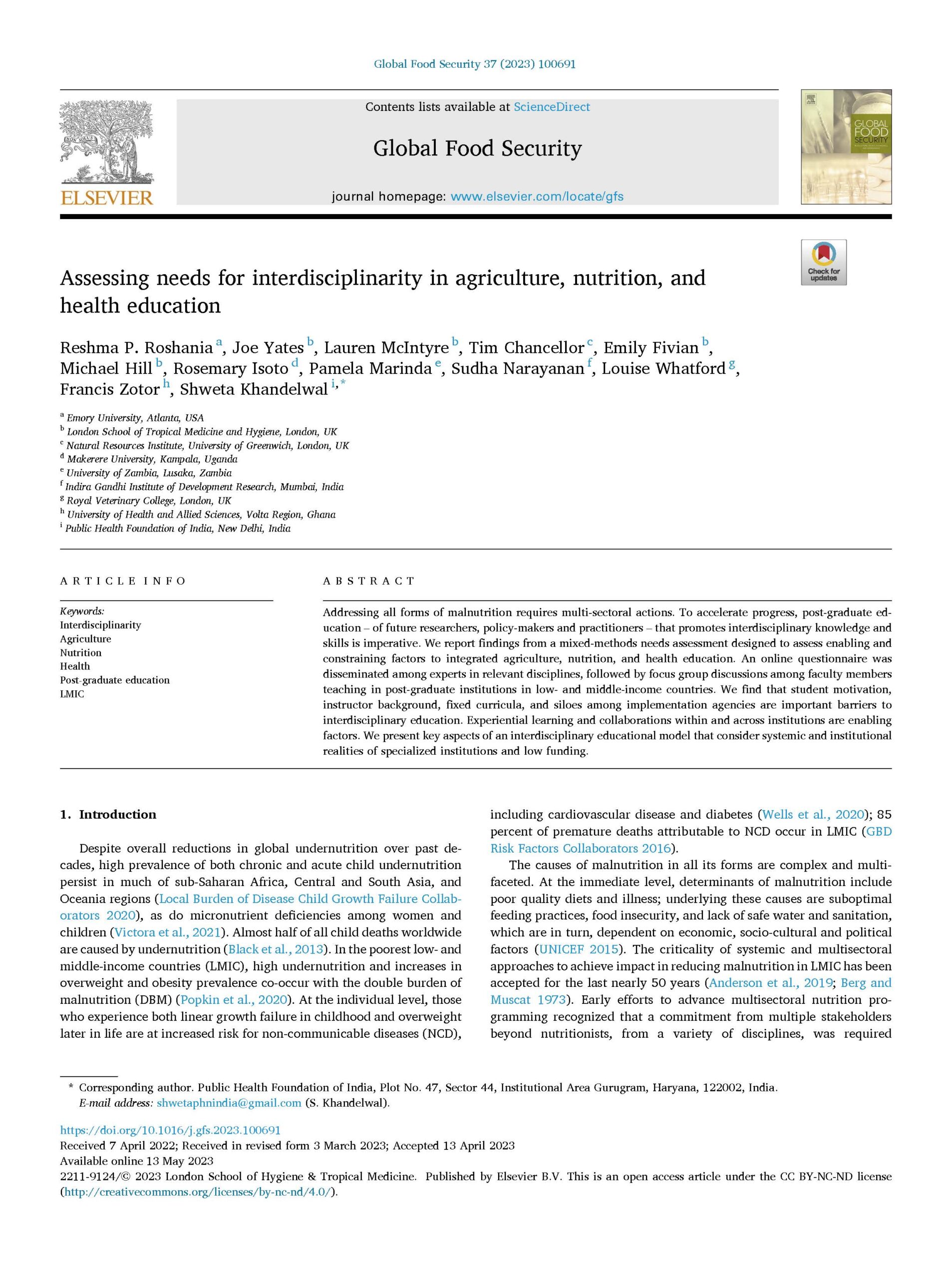
Addressing all forms of malnutrition requires multi-sectoral actions. To accelerate progress, post-graduate education – of future researchers, policy-makers and practitioners – that promotes interdisciplinary knowledge and skills is imperative. We report findings from a mixed-methods needs assessment designed to assess enabling and constraining factors to integrated agriculture,... Read More